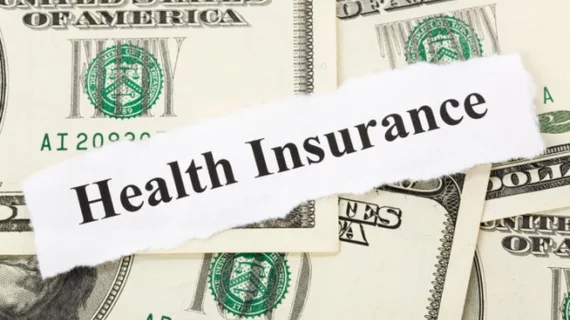Health insurance premiums could soar after coronavirus
The new coronavirus could have long-lasting impacts on the economy and health insurance, potentially ballooning premiums next year, according to a new report from Covered California, the health insurance marketplace in California.
Premiums in 2021 could rise between 4% to more than 40%, the report estimates. Those estimates account for between $34 billion and $251 billion in one-year projected costs in the commercial market from testing, treatment and care for COVID-19. In 2020, the costs of COVID-19 could range between 2% and 21% of a premium with the first-year costs priced in.
Commercial markets cover most Americans, about 170 million. Covered California projected about 20 million people under the age of 60 at risk of serious illness from COVID-19, including Medicaid beneficiaries and uninsured individuals.
The costs of testing for COVID-19 alone could range from $3 billion to $13 billion if only 20 million to 60 million people get tested in the U.S., a small range if there is a large outbreak of the virus. Costs of hospitalization for those with serious illness from the disease could range from $31 billion to $238 billion, Covered California estimated.
The report does estimate impacts to 2021 premiums, but says the exact projections are uncertain as the impact of the virus continues to play out and costs of testing and treatment range widely.
See the full report here.

